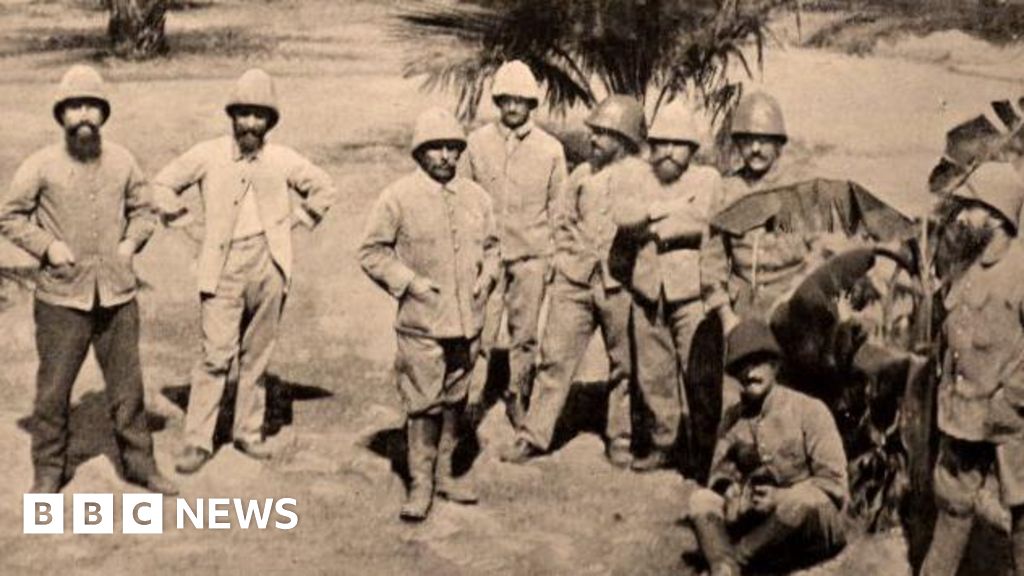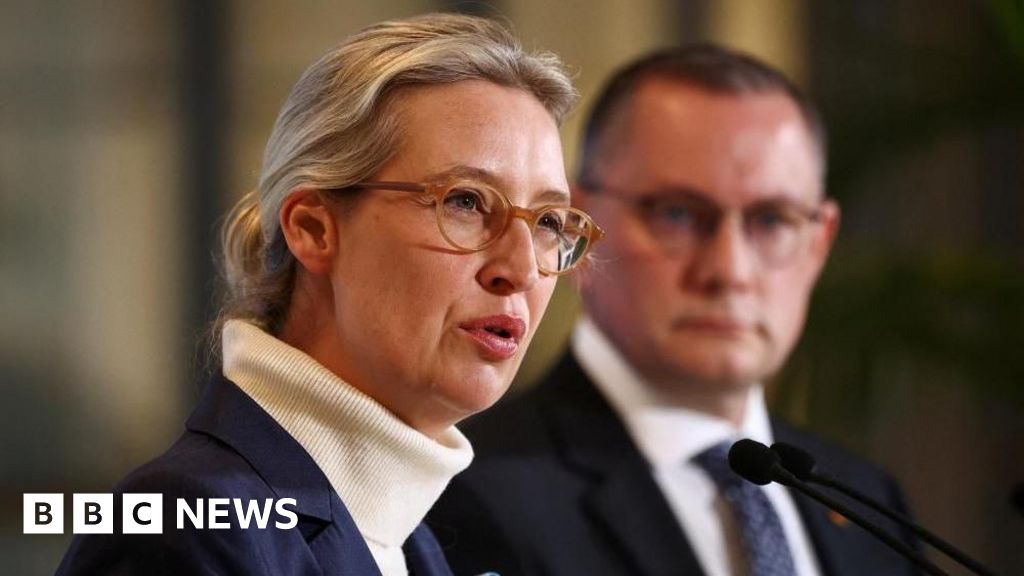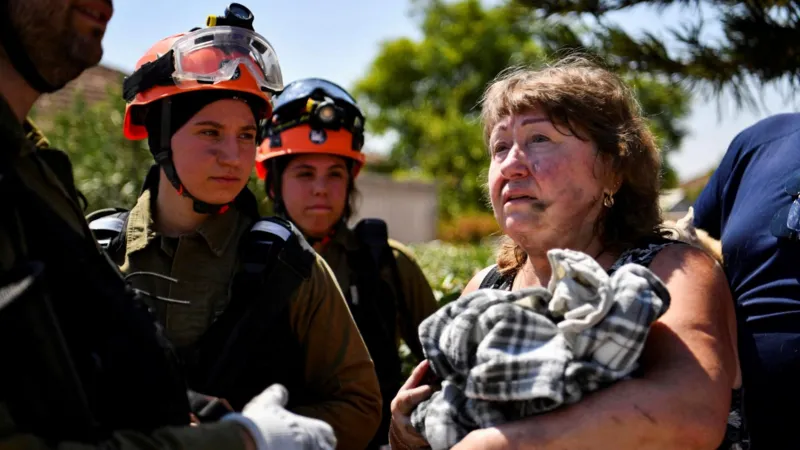
French President Emmanuel Macron has acknowledged the violence committed by his country’s forces in Cameroon during and after the Central African nation’s struggle for independence.
It followed a joint report by Cameroonian and French historians examining France’s suppression of independence movements from 1945 to 1971.
In a letter to Cameroon’s President Paul Biya made public on Tuesday, Macron said the report made clear “a war had taken place in Cameroon, during which the colonial authorities and the French army exercised repressive violence of several kinds in certain regions of the country”.
“It is up to me today to assume the role and responsibility of France in these events,” he said.
However, Macron fell short of offering a clear apology for the atrocities committed by French troops in its former colony, which gained independence in 1960.
The French leader cited four independence icons who were killed during military operations led by French forces, including Ruben Um Nyobe, the firebrand leader of the anti-colonialist UPC party.
France pushed hundreds of thousands of Cameroonians into internment camps and supported brutal militias to quash the independence struggle, the AFP news agency quotes the report as saying.
Tens of thousands of people were killed between 1956 and 1961, the historians’ report said.
The decision to investigate and publish the findings on France’s role in Cameroon’s independence struggle was made in 2022, during Macron’s visit to Yaoundé.
It followed pressure from within the country for France to acknowledge its atrocities in its former colony and pay reparations.
Macron also expressed willingness to work with Cameroon to promote further research on the matter, while highlighting the need for both countries to make the findings available to universities and scientific bodies.
The BBC has reached out to Cameroon’s government for comment on the French president’s admission.
While Macron did not address calls for reparations, it is likely to be a key talking-point in Cameroon going forward.
Under Macron, France has attempted to confront its brutal colonial past.
Last year, it acknowledged for the first time that its soldiers had carried out a “massacre” in Senegal in which West African troops were killed in 1944.
Macron has previously acknowledged France’s role in the Rwandan genocide, in which about 800,000 ethnic Tutsis and moderate Hutus died, and sought forgiveness.
In 2021, he said France had not heeded warnings of impending carnage and had for too long “valued silence over examination of the truth”.
France has also made several attempts over the years to reconcile with its former colony Algeria, but has stopped short of issuing a formal apology.
In 2017, Macron, then a presidential candidate, described the colonisation of Algeria as a “crime against humanity”, but two years later, he said there would be no “repentance nor apologies” for it.
Instead, he said France would take part in “symbolic acts” aimed at promoting reconciliation, and commemorating the history of its violent occupation of the north African country.
Recently, several West African countries under military rule, including Mali, Burkina Faso and Niger, have severed their ties with France, accusing it of continued neo-colonial control.



